Keywords: University Of Melbourne
There are more than 200 results, only the first 200 are displayed here.
-
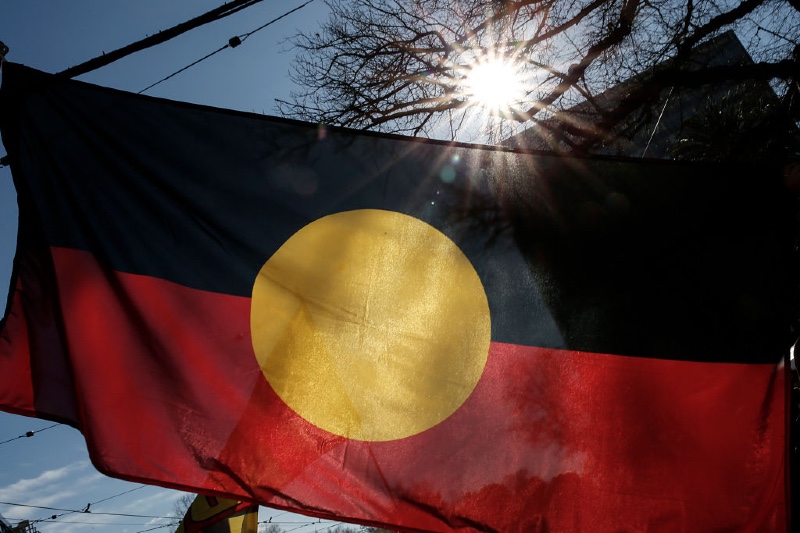
AUSTRALIA
Reading the paper, Instrumentum Laboris, written in preparation for the coming Plenary Council, I found myself quite disappointed by the lack of depth, awareness and any sense of the need for an apology. Much less an openness to any serious conversion that is needed within the Church.
READ MORE 
-

AUSTRALIA
- Binoy Kampmark
- 24 June 2021
27 Comments
The Murugappan family have found themselves in the middle of this nasty tangle, their fates politicised and manipulated.
READ MORE 
-
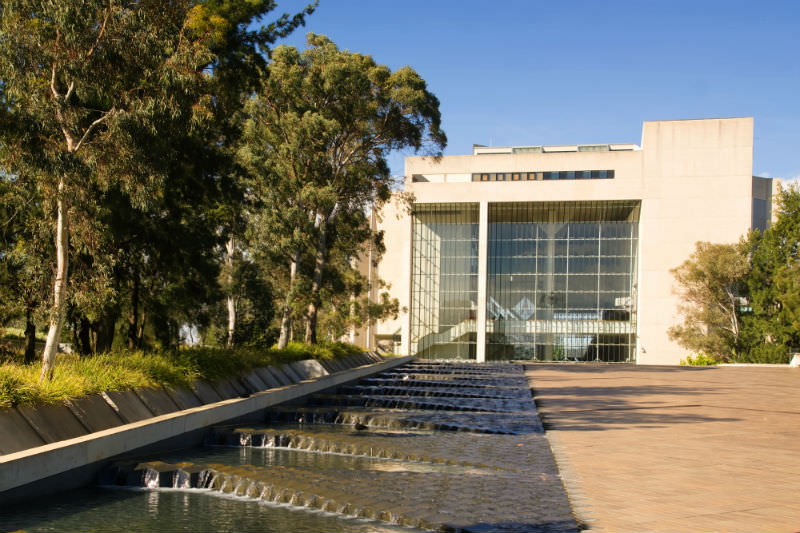
AUSTRALIA
- Frank Brennan
- 24 June 2021
11 Comments
Who’d have thought that during Refugee Week, Australia’s highest court would endorse the Parliament’s view that our non-refoulement obligations under the Refugee Convention and the Convention Against Torture were now an irrelevance.
READ MORE 
-
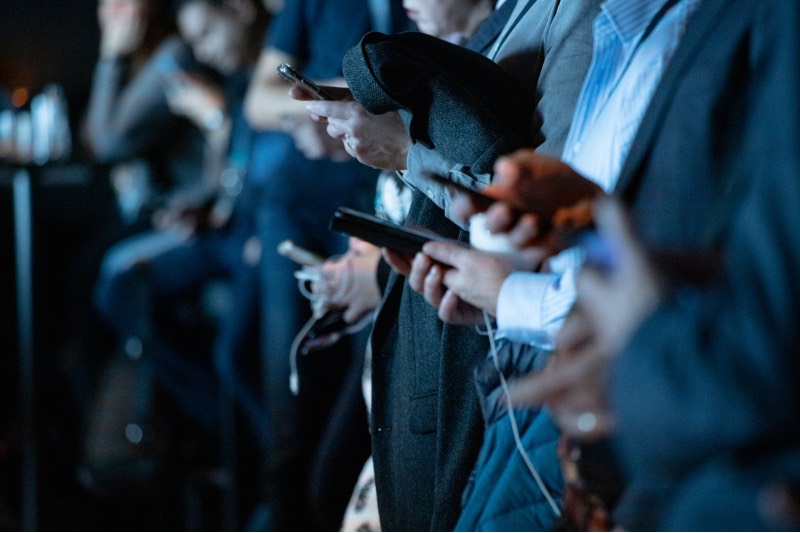
MEDIA
- Denis Muller
- 10 June 2021
5 Comments
The landscape has changed, and there is no going back. Individual journalists are now integrated into the ranks of pundits, urgers and persuaders who abound online. At their employers’ behest, they blog, they podcast, they ‘engage’ as the current jargon has it, with those who post comments to their articles online.
READ MORE 
-

INTERNATIONAL
- Binoy Kampmark
- 11 May 2021
10 Comments
While the ban is unique in its severity, it is not divorced from a broader tendencies as to how citizenship has been appraised during pandemic times. Public health and safety have been prioritised over the standard liberties associated with citizenship.
READ MORE 
-
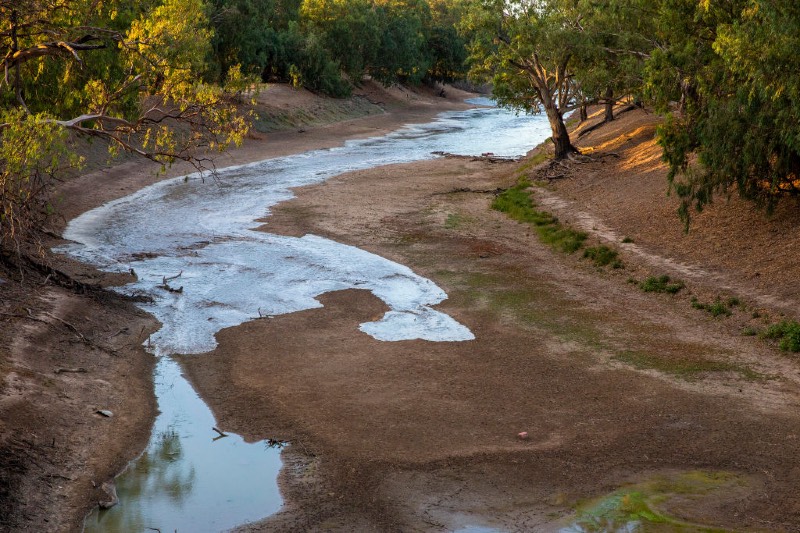
AUSTRALIA
- Cristy Clark
- 15 April 2021
4 Comments
Recent research has documented some of the historical causes of the ongoing absence of water justice. When the land rights agenda emerged towards the end of the 20th century, deliberate decisions were made to restrict access mostly to land without water rights.
READ MORE 
-
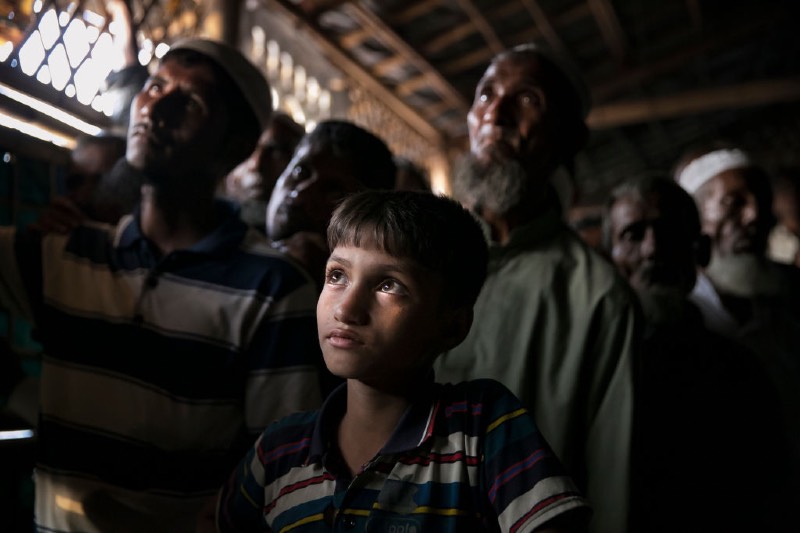
INTERNATIONAL
- Binoy Kampmark
- 13 April 2021
2 Comments
In May 2019, Adani Ports entered into an agreement to construct, operate and transfer land held by the Myanmar Economic Corporation (MEC) military conglomerate for 50 years in an investment valued at US$290 million. Such corporate conduct has broader implications. Investing in Adani is not only environmentally unsound but imperilling of human rights.
READ MORE 
-
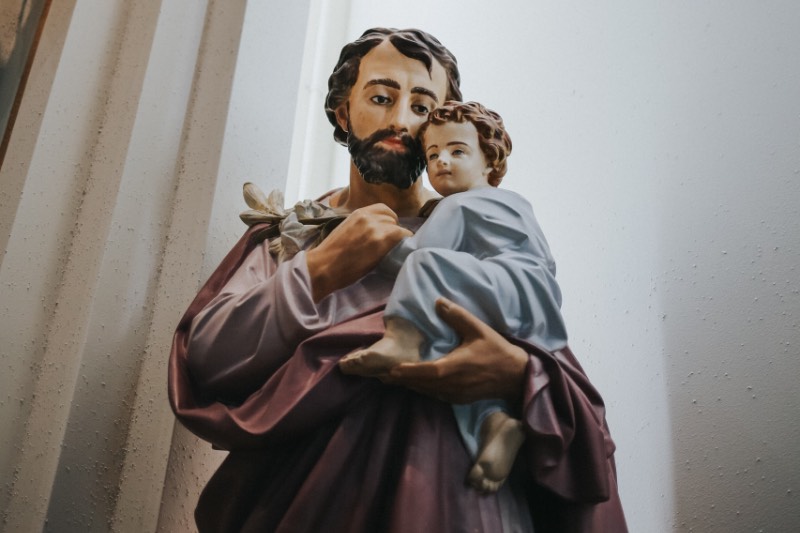
FAITH DOING JUSTICE
There are many gems and reflections on ‘fathering’ in Pope Francis’s apostolic letter, Patris Corde ‘With a Father’s Heart’, in which he nominates 2021 as the year to honour the fatherhood of St Joseph. Francis’s letter is inclusive, encompassing the scope of fatherhood and the responsibilities fathering entails. ‘Fathers are not born, but made’, Francis says.
READ MORE 
-
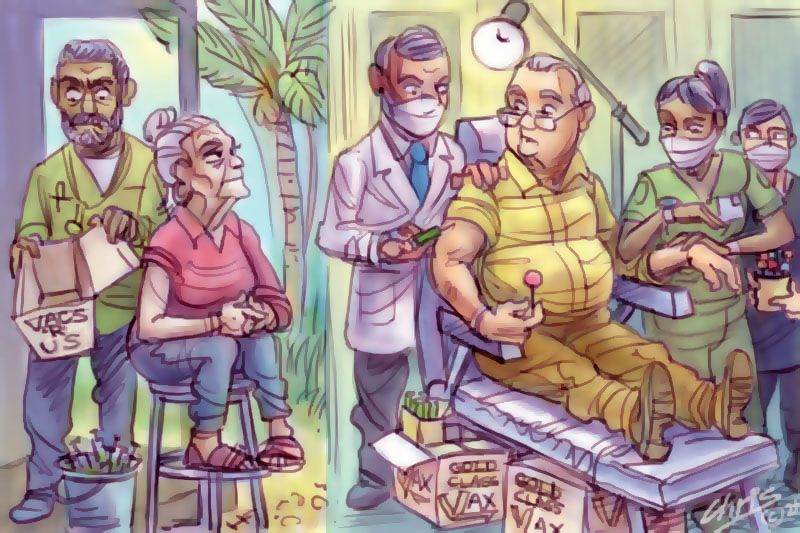
INTERNATIONAL
- Binoy Kampmark
- 23 March 2021
4 Comments
The COVAX (COVID-19 Vaccines Global Access Facility) scheme, touted as a levelling measure against inequalities in vaccine access, is looking increasingly faulty. But one suggested mechanism to assist in achieving vaccine equity lies in the field of intellectual property rights.
READ MORE 
-
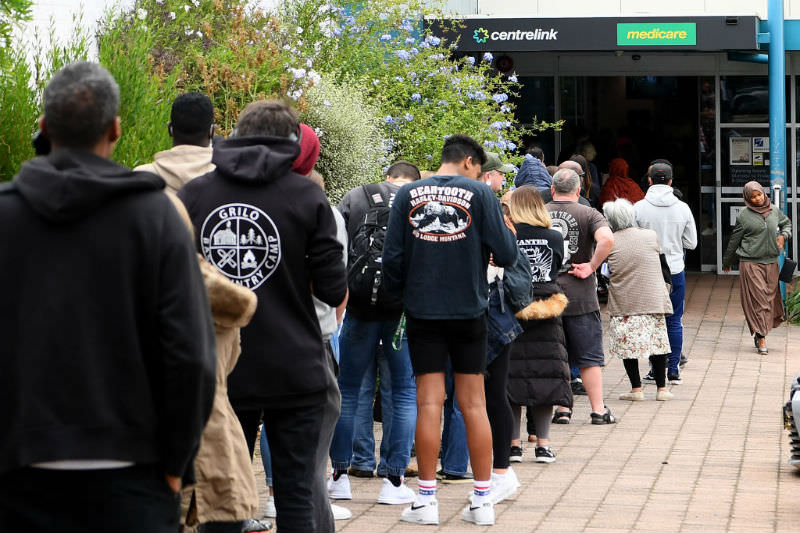
AUSTRALIA
- Joshua Lourensz
- 04 March 2021
4 Comments
Many people are still doing it tough. And the many organisations who are tasked with trying to support them share a sense of dismay as we see Federal Government assistance being wound back fast. We need to increase decent work opportunities and ensure a reasonable safety net for those out of work if we want to get through this and still claim the ‘fair go’.
READ MORE 
-
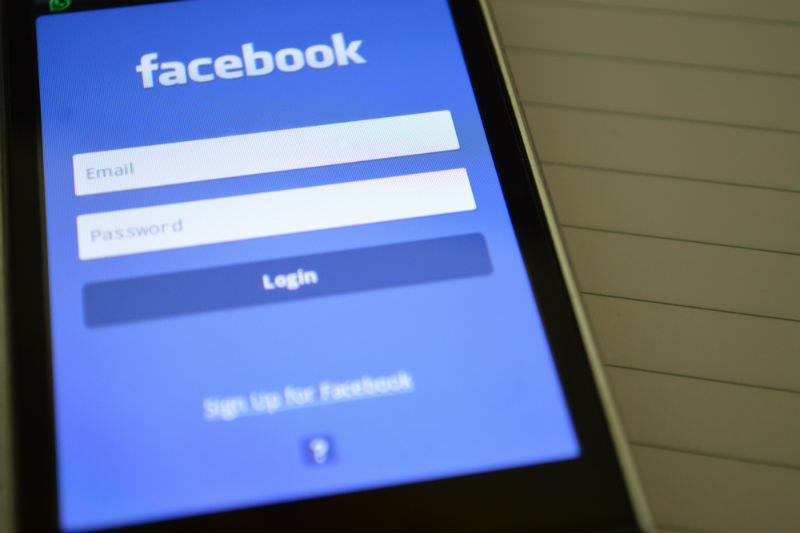
MEDIA
- Binoy Kampmark
- 23 February 2021
2 Comments
Instead of retaining its control of a fruit market, or preserving an oil monopoly, Facebook harnesses another resource: data. Any regulator or sovereign state keen to challenge the way the Silicon Valley giant gathers, monetises and uses that data will face their ire.
READ MORE 
-
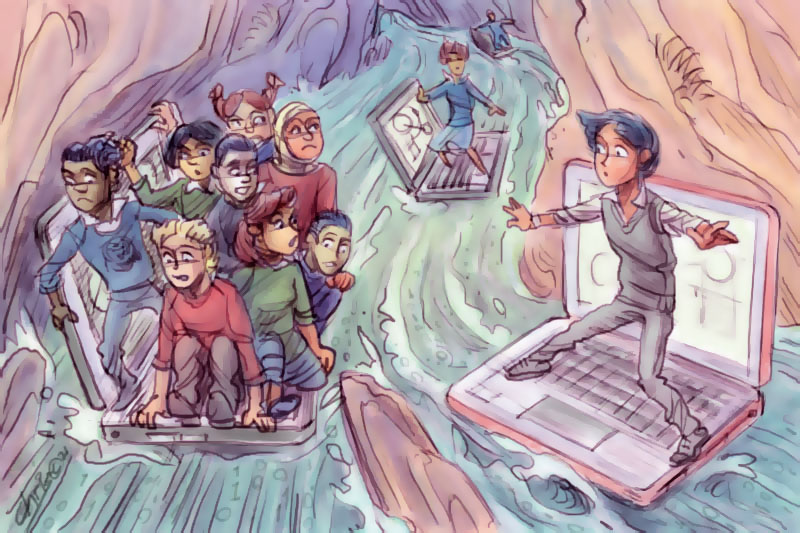
AUSTRALIA
- Nicola Heath
- 23 February 2021
3 Comments
For those of us who already regularly shopped, banked, studied and worked via the Internet, it was easy to adapt to telehealth appointments with doctors and video calls with friends and family. Of course, these activities require access to the Internet — something 2.5 million Australians are without. A further 4 million access the Internet solely using a mobile connection. For these citizens, the pandemic exacerbated the existing digital divide.
READ MORE 